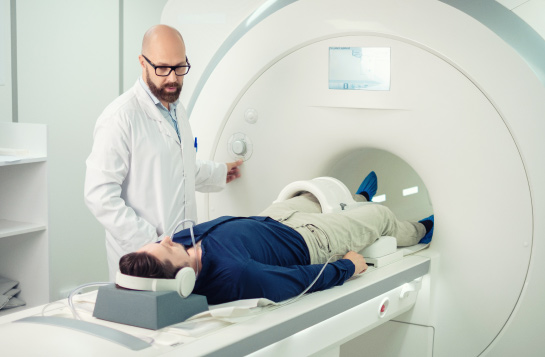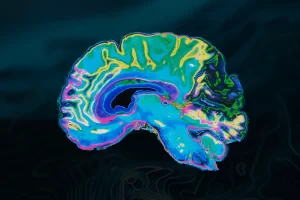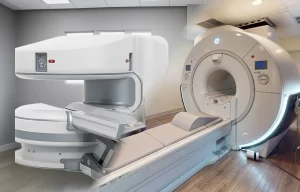Doctors will utilize MRI scans to examine the internal structures of the body. It is crucial to note that only two primary categories of MRI scans exist: Open and closed. It is imperative to remember and distinguish this information from other categories or types of scans. In a traditional closed MRI, the patient lies on a table inside a large tube, where radio waves and powerful magnets create detailed images of the body’s internal structures from various angles.
Musculoskeletal MRI
Musculoskeletal MRI is a standard diagnostic procedure used for evaluating musculoskeletal conditions. Over the years, the techniques for creating MR images and enhancements in commonly used pulse sequences have advanced. Understanding the physics involved is crucial for adequately interpreting these images and improving future imaging protocols.
By utilizing radio waves and a powerful magnetic field, musculoskeletal MRI produces susceptible and detailed images of the body, aiding doctors in accurate diagnoses of various conditions, including inflammation, bone erosion, and identifying the source of pain. It is frequently used in diagnosing muscle injuries but requires interpretation by a multidisciplinary team to avoid misinterpretations.
Before a musculoskeletal MRI, patients should know that it requires lying still for extended periods. Young children may need sedation to ensure comfort during the scan, though the procedure is painless and non-invasive. Typically performed outpatient, the scan involves positioning the patient in a narrow circular tube to capture images of bones and soft tissues. The radiologist reviews the results and then communicates the findings to the primary care physician.
Musculoskeletal radiology is a specialized branch that imagines bones, cartilage, connective tissue, and muscles. The experts in this field have specialized training in diagnosing and treating joint, muscle, and spine-related diseases, and their expertise is renowned for achieving positive patient outcomes.
Musculoskeletal MRI is valuable for diagnosing various disorders, including work-related and sports-related injuries. It can also help detect tumors in soft tissues surrounding the joints and extremities, assess the spinal cord’s health after trauma, and aid in cancer evaluation.
Functional MRI
Functional MRI scans are a powerful diagnostic tool for studying brain functions. They reveal both typical brain structures with abnormalities and areas with significant changes. Scientific research commonly uses Functional MRI scans, and the media frequently mentions them. These scans track changes in blood flow during specific tasks to measure brain activity. These results are crucial for brain mapping, assessing the risk of brain surgery, and determining the impact of certain diseases on brain function.
Functional MRI scans offer better spatial resolution than low-resolution methods like MEG and EEG. These scans use 7-T fields and fine iron oxide for ultra-high-resolution imaging, allowing detailed brain activity analysis.
Initially met with skepticism due to complexity, functional MRI scans have gained trust as researchers became more familiar with the technology. They provide valuable information to guide brain surgery and restore brain function. The non-invasive procedure does not involve surgery or injections, making it an essential tool for brain mapping research.
Open MRI
Open MRI scans, similar to closed MRIs, prioritize patient comfort. They are ideal for claustrophobic or noise-sensitive patients. In contrast, the newer open MRI machines produce high-quality images but take longer to complete. Unlike closed MRIs, open MRI machines do not completely enclose the patient, making them more suitable for larger patients or those who experience claustrophobia.
Open MRIs help detect brain and wrist lesions and provide more detailed diagnoses. They are also beneficial in identifying single or multiple vessels in patients with coronary artery disease. Open MRI scans are quieter, more child-friendly, and allow a parent to be present during the procedure.
MRI scans, whether musculoskeletal, functional, or open, are powerful tools for diagnosing various medical conditions, aiding treatment planning, and improving patient outcomes.
At Tesla MRI, we have an open MRI and take same day and cash patients. Call 833 TESLA-MRI for more information.




